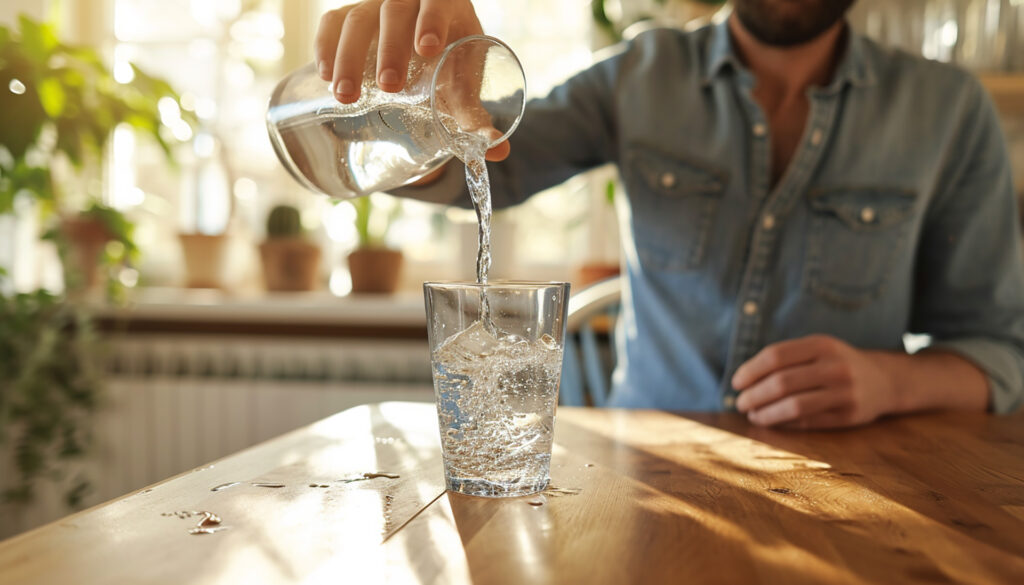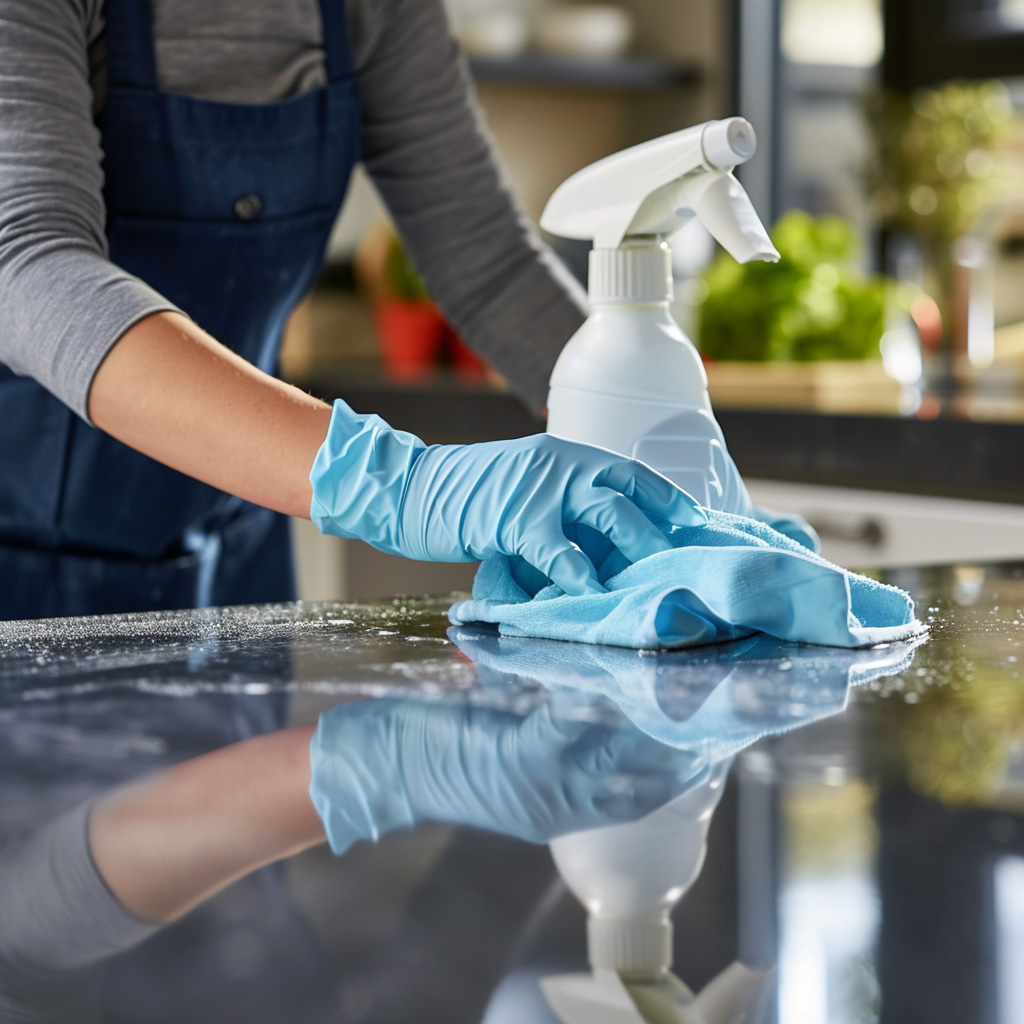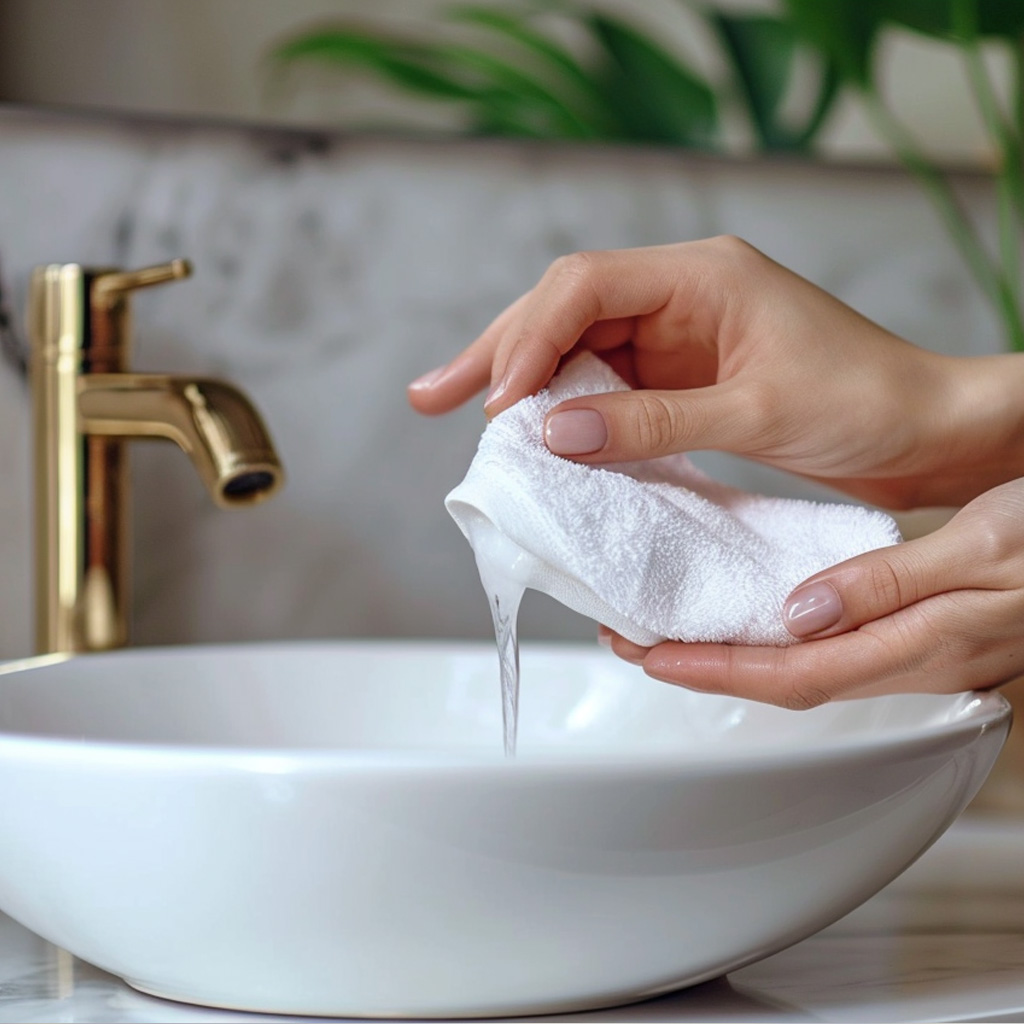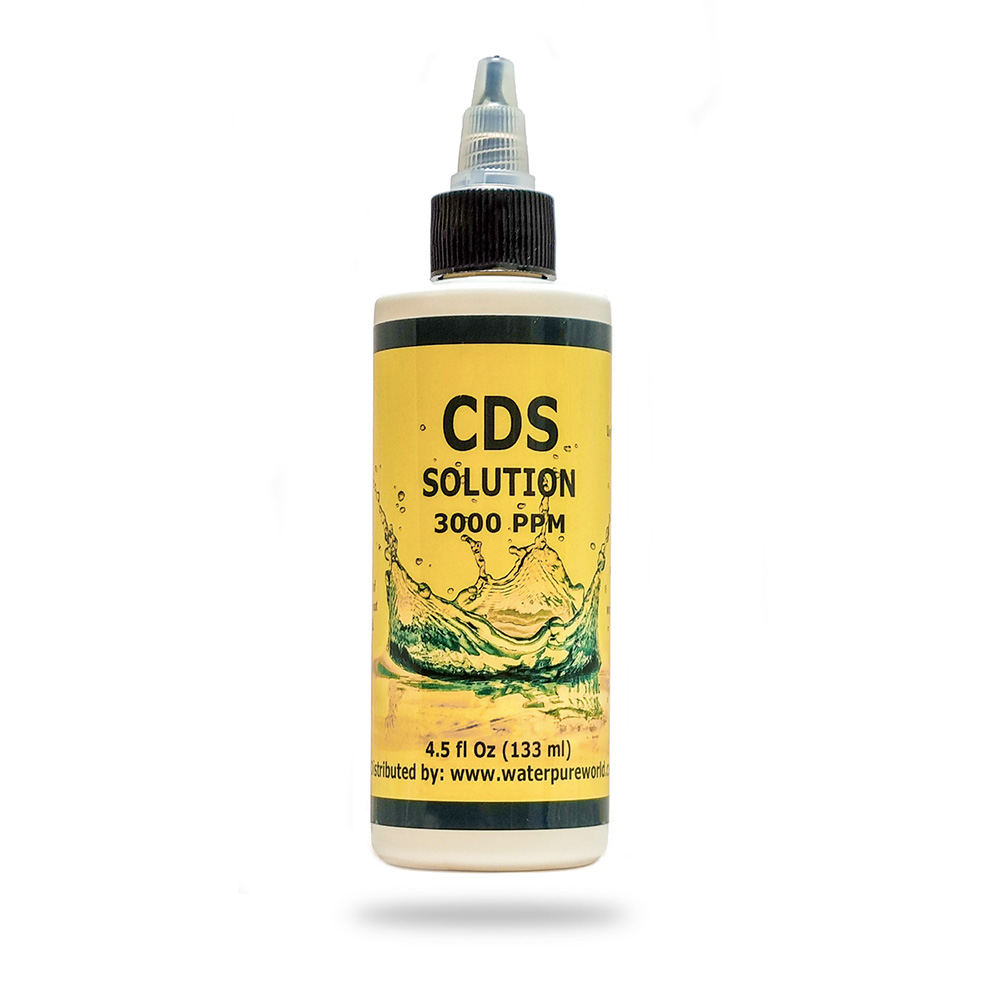
Why You Should Consider Using Chlorine Dioxide at Home as a Safe and Powerful Disinfectant
Chlorine dioxide is a very helpful chemical disinfectant that is used for many purposes, especially in keeping things clean and safe from germs, bacteria, and even some fungi. It is great for purifying water and can even help with some medical treatments.
In this article, we will look at the benefits of chlorine dioxide and how to use it safely in your home environment.
Let’s take a closer look at what Chlorine Dioxide is and how it can benefit us.
Chlorine dioxide offers numerous benefits that make it an ideal disinfectant for various applications. One of its primary uses is in water purification. Chlorine dioxide is highly effective at killing a wide range of harmful microorganisms, including bacteria, viruses, and protozoa, which can be present in drinking water.
Unlike traditional chlorine, chlorine dioxide does not form harmful byproducts like trihalomethanes (THMs) and haloacetic acids (HAAs), which can pose health risks over time. This makes chlorine dioxide a safer alternative for ensuring clean and safe drinking water
Why Chlorine Dioxide is a Top Choice for Oral Health
In addition to water purification, chlorine dioxide is beneficial for maintaining oral health. It is commonly used in mouthwashes to treat halitosis, or bad breath, as well as other oral infections. Its strong antibacterial properties make it effective in reducing the bacteria that cause bad breath and dental plaque. Studies have shown that chlorine dioxide can significantly improve oral hygiene by eliminating harmful bacteria without causing irritation to the delicate tissues of the mouth


Chlorine Dioxide: A Multi-Purpose Disinfectant
Another advantage of chlorine dioxide is its versatility. It can be used in different forms, such as a liquid solution for cleaning surfaces or as a gas for air purification. This flexibility makes it useful in various settings, from households to industrial environments. Moreover, when used properly, chlorine dioxide is safe and effective. It is important to follow the recommended guidelines and concentrations to avoid potential side effects. For instance, when used for water purification, only a very small amount is needed to be effective, making it both economical and environmentally friendly
In conclusion, chlorine dioxide is a powerful disinfectant with numerous benefits. Its effectiveness in water purification, oral health, and well water purification make it a valuable tool for ensuring safety and cleanliness. By understanding and adhering to safe usage guidelines, you can harness the benefits of chlorine dioxide to improve your health and well-being.

Buy Pure Chlirine Dioxide (CDS Solution)
This 3000 PPM solution is known for its effectiveness as a disinfectant, capable of eliminating bacteria, fungi, viruses, and small parasites across a wide pH range.
CDS Pure Chlorine Dioxide SolutionChlorine Dioxide FAQs
Is chlorine dioxide safe to use?
Yes, when used in appropriate concentrations and following guidelines, chlorine dioxide is safe for disinfecting water, treating oral health issues, and more. When used in approved amounts for water purification or oral health, it’s generally considered safe for most people. However, excessive exposure or ingestion of concentrated chlorine dioxide can be harmful.
How does chlorine dioxide compare to other disinfectants?
Chlorine dioxide is more effective in certain conditions and has a broader spectrum of action against pathogens compared to some traditional disinfectants like hydrogen peroxide and chlorine. For example is effective against a wider range of microorganisms, including bacteria, viruses, and some parasites.
Most important! Chlorine dioxide doesn’t create harmful byproducts like trihalomethanes (THMs) and haloacetic acids (HAAs) that chlorine can produce, making it a safer choice for water treatment.
How does chlorine dioxide work?
Chlorine dioxide acts as a strong oxidizing agent. This means it can break down the cell walls of microorganisms and disrupt their essential functions, effectively killing them. It’s this ability to destroy harmful germs that makes it a valuable tool for disinfection and sanitation.
